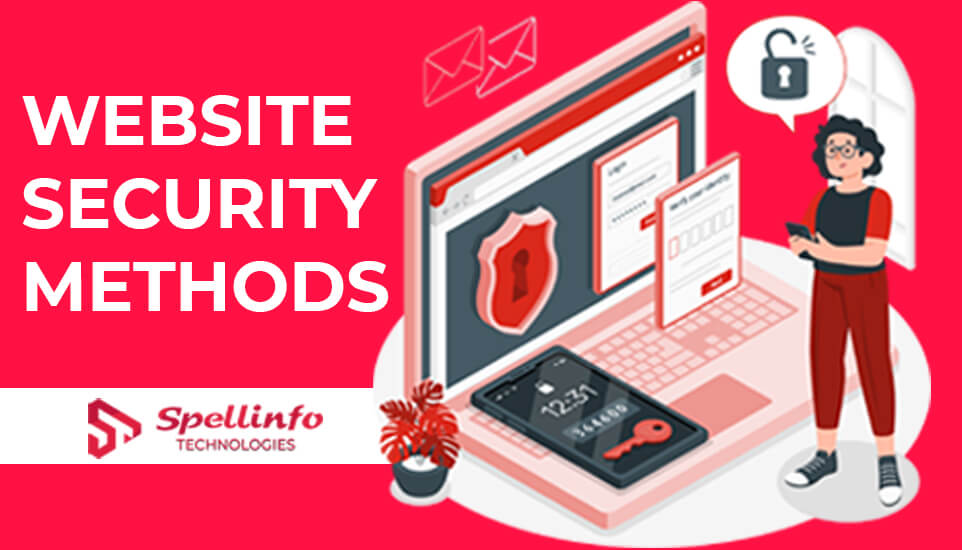
Cyberattacks on the web are growing in complexity each day in response to advanced antivirus protection, firewalls, and application updates, hackers are becoming more creative to sustain their activities. Consequently, the online security sector faces the challenge of adapting to these advanced attacks
How do hackers maintain an edge over security experts? Firstly, it's a matter of necessity; if they didn't, their undertake would become obsolete. Additionally, the contrast is institutional – an individual hacker operating independently may exhibit greater innovation and sharpness than a sizable software company, enhancing their potential to devise effective hacks
Nevertheless, I would contend that the most significant contributing factor to the ongoing success of hackers lies in the insufficient awareness and careful observation exhibited by software users and website owners
Unfortunately, it's individuals who use "password" as their universal password and those with outdated antivirus software that empower hackers. If everyone prioritized safeguarding their data, hackers would face greater challenges. Presently, many are unaware of their own sensitivity, making it a numbers game for hackers – by targeting numerous websites, they eventually discover a unprotected one to exploit. However, your site doesn't have to be one of them
Spellinfo Technologies offers affordable website design services in India, including web design services in Hosur, top-level digital marketing, mobile app development, web development, cutting-edge web applications, and global data center services
Website Security Tips
One of the easiest ways to maintain a slight advantage over hackers is by regularly downloading the latest versions and updates for Windows, WordPress, and your antivirus software. By doing so, you fortify your applications or website, making them less appealing targets for hackers. This proactive approach pressure hackers to search for less watchful site owners elsewhere
In 2011, the internet had been in existence for a considerable period. Isn't it about time to upgrade your password from easily guessable ones like your spouse's name, "123456," or the notorious "password"? The past year has underscored that people often underestimate the importance of robust passwords, even for their most confidential accounts.
Pick strong ones and use different ones for your banking info and email, your cPanel, and your FTP accounts – otherwise, your info and your site are in-danger
Are you aware of your current file and folder permissions settings? Certain applications demand the wide-open "777" setting for installation, and usually, we neglect to revert them to the more secure "755" for folders or "644" for files afterward. Take a moment to double-check your settings to ensure they are properly configured
Are you absolutely certain about the nature of the websites you're linking to from your own site? Experts caution that "open redirects" are a significant source of browser-based attacks. We're all familiar with the consequences of clicking on a dangerous link; now, consider the potential outcome of placing such a link on your own site. It's advisable to have complete trust in any site you choose to link to
With this handy tool, all your FTP transfers are done using SSL. In fact…
This is particularly important, especially if,covered somewhere in your extensive email history, you've ever transmitted sensitive information via email
Regular PHP scripts execute under the "nobody" user, which can lead to open access. suPHP restricts access to the script owner or explicitly granted permissions, enhancing security. Ensure your hosting provider supports suPHP to add an additional layer of defense against potential hackers
Web hosting providers vary in their commitment to website security. Some may not provide continuous, 24/7 server monitoring or even support suPHP (as mentioned earlier). Hence, selecting a host that arrange your security may require some research
When your website serves as your primary source of income, discussions about security and strong passwords might not offer sufficient peace of mind. In such cases, if your website is crucial for your business operations, you might want to explore VPS hosting as a way to enhance your sense of security
A VPS basically offers greater security by isolating your site from others. It enables you to implement custom firewalls and install additional security measures, which many shared hosting providers do not permit. In essence, a VPS empowers you to play a more proactive role in safeguarding your website
When you possess a clear understanding of what to watch for, you significantly increase the complexity of a hacker's task. Many hackers prefer to target less secure websites, so if your site is well-secured, they are more likely to seek easier targets. Regularly scanning your log files for unfamiliar code, avoiding suspicious WordPress plugins, and staying observant about your site's activities are effective ways to deter potential threats
These ten tips serve as fundamental guidelines, prompting everyone to consider the multitude of factors involved in maintaining a secure website. Cultivating a habit of attention and regularly updating your site makes you a less enticing target for hackers compared to many other site owners